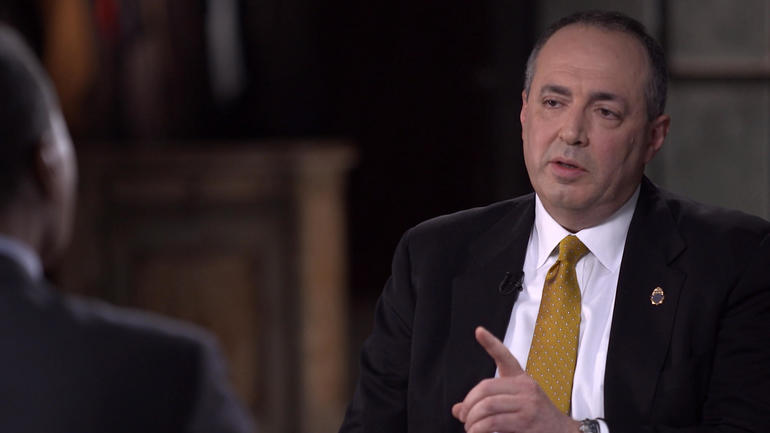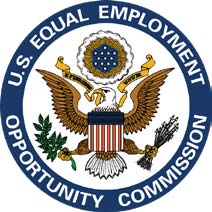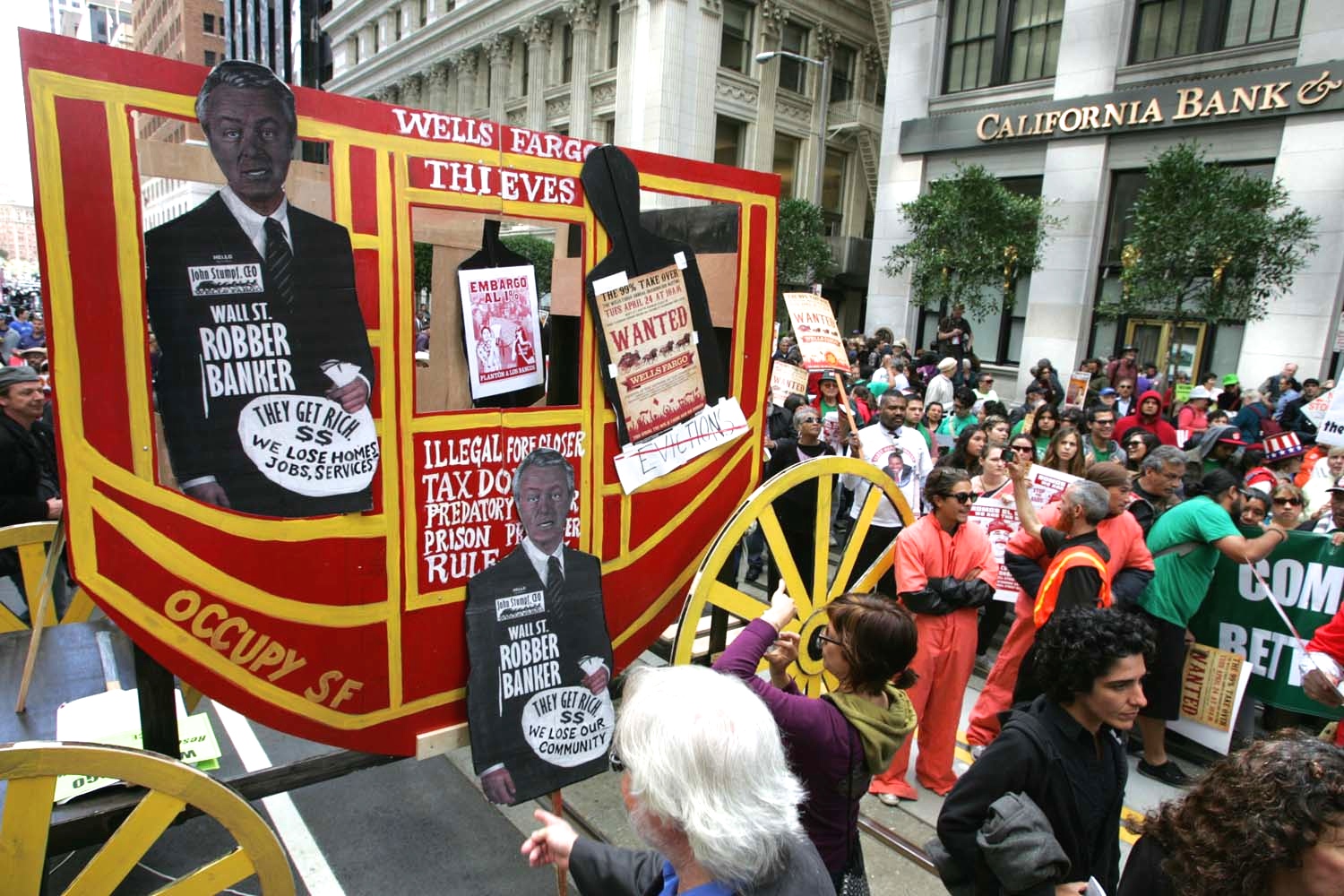 Once upon a time, there was a debate on how best to check the power of giant corporations. Starting in the Progressive Era and resuming in the 1970s with the arrival of agencies such as the EPA and OSHA, some emphasized the role of government through regulation. Others focused on the role of the courts, especially through the kind of class action lawsuits pioneered by lawyers such as Harold Kohn in the 1960s.
Once upon a time, there was a debate on how best to check the power of giant corporations. Starting in the Progressive Era and resuming in the 1970s with the arrival of agencies such as the EPA and OSHA, some emphasized the role of government through regulation. Others focused on the role of the courts, especially through the kind of class action lawsuits pioneered by lawyers such as Harold Kohn in the 1960s.
When regulators were seen as too aggressive, business apologists pushed back by arguing that corporate misconduct should be addressed through litigation. When class actions grew more effective, those apologists started lobbying for tort reform and arguing that regulatory agencies (especially those dominated by industry) were the better forum.
This year, amid a supposed populist upsurge, that debate is dying out. The Republican-controlled Congress and the White House are undermining both regulation and litigation. Virtually all legislative “accomplishments” since Inauguration Day have consisted of Congressional Review Act maneuvers to roll back business regulations. Now, with the Senate’s move to kill the Consumer Financial Protection Bureau’s restriction on forced arbitration, Congress has used the same device to reduce the ability of consumers to seek redress through the courts — what Sen. Elizabeth Warren aptly described as “a giant wet kiss to Wall Street.”
The result of these moves is that big business is increasingly being allowed to operate with no effective controls at all. This unilateral disarmament is taking place when corporate misconduct is rampant. Among the companies that will benefit from the arbitration move are the likes of Wells Fargo and Equifax, whose willingness to mistreat customers has been truly astounding.
We should be careful, however, not to overstate the effectiveness of damage awards in class action lawsuits in changing corporate behavior. It’s unfortunately true that large corporations have come to regard substantial monetary settlements as an acceptable cost of doing business.
That’s true both of private litigation and cases brought by regulatory agencies and the Justice Department. As shown in Violation Tracker, 40 corporations have paid $1 billion or more in fines and settlements. Seven of those have paid $10 billion or more, including all the giant national banks: Bank of America ($57 billion), JPMorgan Chase ($29 billion), Citigroup ($16 billion) and Wells Fargo ($11 billion).
These amounts have involved scores of different cases dating back to 2000. In other words, the banks are repeat violators that are willing to pay out large sums in order to continue doing business more or less as usual. More class action lawsuits are unlikely to change this dynamic.
I believe that banks and other large corporations should continue to face heavy financial penalties for their misconduct, but it has become clear that these penalties alone are not going to put an end to the corporate crime wave. It’s time to go beyond damages in addressing the damage caused by these companies.
 The withdrawal of Tom Marino’s nomination as national drug czar is a reminder of the power of whistle-blowing and aggressive investigative reporting, while the fact that he was named in the first place is a reminder of the hollowness of the Trump’s Administration’s commitments to draining the swamp and to seriously addressing the opioid epidemic.
The withdrawal of Tom Marino’s nomination as national drug czar is a reminder of the power of whistle-blowing and aggressive investigative reporting, while the fact that he was named in the first place is a reminder of the hollowness of the Trump’s Administration’s commitments to draining the swamp and to seriously addressing the opioid epidemic. The Harvey Weinstein scandal is bringing necessary attention to the problem of sexual harassment. But that problem is not limited to abusive behavior on the part of big-time movie producers and a few other powerful men. Women are confronted with sexual predators in a wide variety of workplaces.
The Harvey Weinstein scandal is bringing necessary attention to the problem of sexual harassment. But that problem is not limited to abusive behavior on the part of big-time movie producers and a few other powerful men. Women are confronted with sexual predators in a wide variety of workplaces. Wells Fargo’s seemingly endless transgressions have reached the point that there is growing discussion of a possibility rarely considered even in some of the most egregious corporate scandals: putting it out of business.
Wells Fargo’s seemingly endless transgressions have reached the point that there is growing discussion of a possibility rarely considered even in some of the most egregious corporate scandals: putting it out of business.